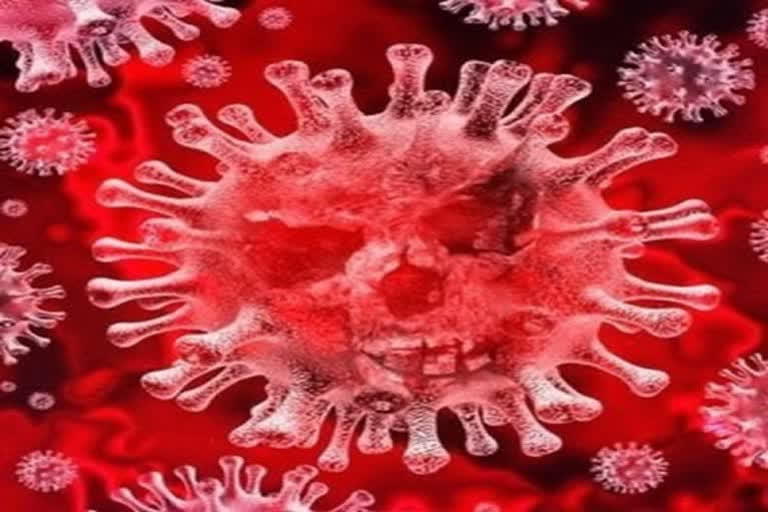New Delhi: Amid a huge controversy over the government's alleged failure to stop the rapid spread of infection and mortality due to Covid-19 across India, Dr VK Paul, member, Niti Aayog on Thursday said that the central government has adopted a much-needed strategy by vaccinating people above 45 years of age.
"More than 88 per cent of deaths that took place in India come in the age category of 45 years and above. We have more than 34 crores population who fall in the age of 45 years and above. And we have inoculated one-third of such population with the 1st dose of the Covid-19 vaccine. I would like to mention here that a single dose has enough capability to fight the infection," said Dr Paul while addressing a press conference in New Delhi on action taken and management of Covid-19.
Also Read:Delays hit India's second dose of vaccination
Health Ministry statistics said that 11.03 crore people above 45 years have been inoculated with the first dose and 2.50 crore with the second dose. Against the national average of 32 per cent, as many as 22 states and UTs have recorded 85 to 33 per cent vaccination to the 45 years and above beneficiaries.
Dr Paul also lauded the efforts of India’s vaccine initiative. Giving a comparison, he said that India is the fastest country to reach the 17 crore mark in just 114 days whereas the USA completed 17 crore vaccination in 115 days and China in 119 days. "Both USA and China started vaccination before us," Dr Paul said.
Referring to a question on the sudden spike of Covid cases in the second wave, Dr Paul said that such a trend was predicted earlier. "When our Sero survey shows that 20 per cent population had seropositive and 80 per cent was susceptible to the infection, we kept telling to maintain social distancing and adopt Covid appropriate behaviour," said Dr Paul. He further added, "However, no mathematical model predicted the size of the present wave…It’s an unexpected behaviour of the virus."
After spreading in the urban areas, it’s obvious that the virus will spread to the rural areas now, he said. Referring to a decision taken by the National Technical Group on Immunization (NTAGI) on the extension of the gap between the first and second doses of COVISHIED vaccine to 12-16 weeks, Dr Paul said that the decision was taken based on the available real-life evidence, particularly from the UK.
Also Read:Vedanta begins oxygen production at Sterlite plant
